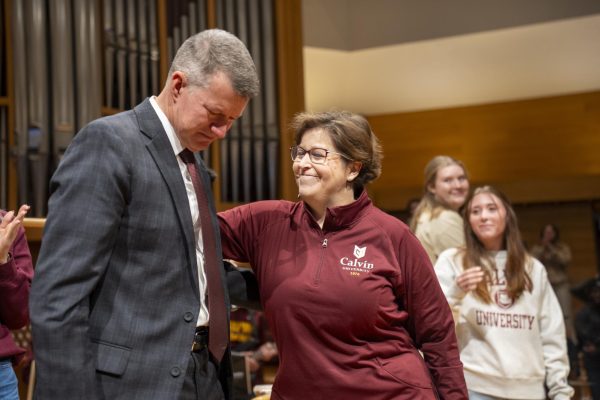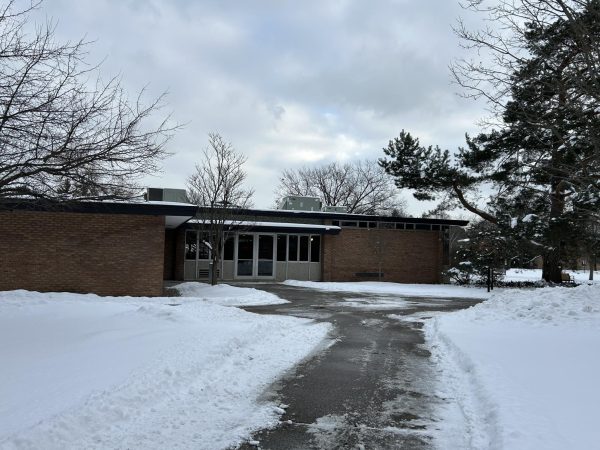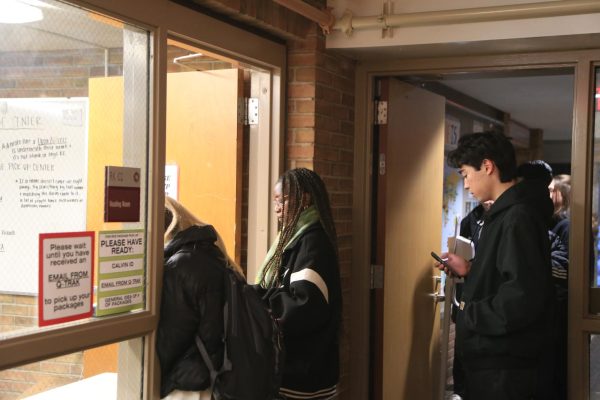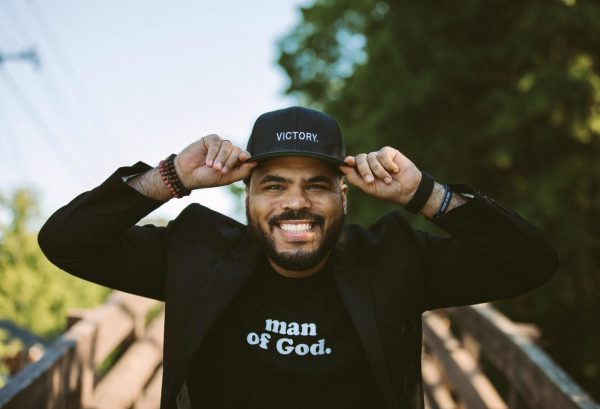Calvin stands with students protected by DACA
Deferred Action for Childhood Arrivals (DACA) will be phased out in the next six months, President Trump announced last week. DACA — which, as President Michael Le Roy has confirmed, directly impacts Calvin students — de-prioritizes the deportation of certain undocumented immigrants and provides them with a work permit. Among other things, DACA recipients must have been brought to the United States by their parents before age 16, must have completed high school or be enrolled in school, must not have been convicted of serious crimes and must have lived in the United States since 2007.
“The U.S. is the only home they know, and so they’re caught,” Le Roy said of DACA recipients. “They’re trapped between a decision made by their parents. When DACA came around, they registered; they actually did the right thing. And now their status is being problematized.”
Ana Devereaux, a local immigration attorney and Calvin alumna, said that recipients of DACA were the “lowest priority” for deportation. Although they received two-year work status, said Devereaux, DACA provided “no pathway to citizenship or for anything permanent” and “no legal status.”
DACA is one of many large-scale deferred action programs in place. Devereaux said that “there is no feasible way for the Department of Homeland Security to actually deport everyone who is without a status.” Therefore, deferred action programs temporarily protect recipients from deportation and prioritize the deportation of other undocumented immigrants.
Le Roy said DACA enabled the Calvin community to legally serve the student population regardless of status.
“We believe it’s an outgrowth of our mission to serve all populations of students who feel like they have a fit at Calvin,” he said, “and there are some students in this category who feel that way, so it’s really important for us to be able to serve them.”
Le Roy explained that undocumented students would be unable to fulfill their career goals in disciplines such as nursing and teaching without a legal replacement to DACA.
“We want these folks to be able to be full participants and contributors in our society,” said Le Roy.
Abdoul Havugimana, a Congolese refugee and junior at Calvin, echoed Le Roy’s statement, saying that those who might have received DACA support could eventually become nurses, police officers and engineers.
“They’re contributing to the American economy. When you send those children away, it tears the whole society apart,” said Havugimana.
Without the protection of DACA, recipients will no longer be able to work legally in the United States. This could limit their ability to continue education or to provide for themselves and their families. In addition, Devereaux explained that former recipients “will be undocumented and on government’s radar.” According to Devereaux, DACA recipients will likely be more at risk for deportation than they were before signing up for the program because the government has access to their personal information.
“I think the just response is to find a legal remedy to allow them to be here — not only be here, but to attend college, to work or to serve in the military,” said Le Roy. “When I was [in Washington D.C.] in January I met with all [our] legislators, and I talked to all of them about my concern about DACA. I’ve talked to them over the years and I’ve said, ‘This needs a long-term solution, because the executive order wasn’t a long term solution, and it wasn’t a legislative solution either.’ So they’ve known that it’s a high priority for Calvin.”
Le Roy has sent letters to legislators asking them to support a just legal remedy for those impacted by DACA’s removal.
On campus, Andrew Oppong, president of student senate, suggested that the Calvin community consider its response to immigration issues in the context of its Christian identity:
“I think that as Christians and a Christian institution so we need to come back to that human element, that dignity that we are all endowed with,” Oppong said.
Specifically, Le Roy said that a central aspect of Calvin’s worldview is “our belief in imago dei, the idea that all people are created in God’s image.” Therefore, “it’s required of us to respond to all human life with respect and dignity.”
Many members of the Calvin community urged students, staff and faculty to have informed conversations about DACA and immigration, both on and off campus.
“Let’s not just pick up the sensationalized part of what is happening. Let’s try to inform yourself about it,” said Oppong.
Likewise, Havugimana reflected that “embracing diversity is tough, but it takes only one second to hear someone’s story and understand someone’s struggle.”
On-campus groups like campus ministries, the multicultural student development office and student-led organizations are partnering together to host events like “DACA: Lament into Action,” which took place on Sept. 12 in the CFAC auditorium. These events encourage the community to engage conversations and be active in the Grand Rapids area.
Martin Avila, coordinator of multicultural student programming, acknowledged the importance of participating in local politics, telling students to, “Show up to those town hall meetings of legislators, senators, commissioners here in the Grand Rapids community.”
Students can also write to their representatives about legal methods of addressing those impacted by DACA.
“[F]rom my perspective,” Le Roy said, “advocacy is the most important thing for us to be doing right now, because there is a possible bipartisan opportunity for the legislature to solve this.”








